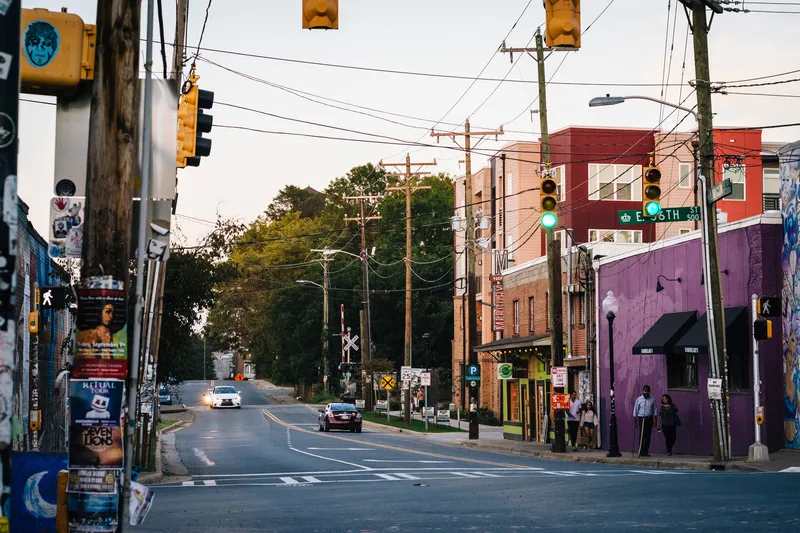The first US pay-per-mile road charging program went into operation in Oregon last week.
OReGO is currently limited to 5,000 vehicles statewide; participants will pay 1.5 cents per mile while driving in Oregon and receive a credit on their bill for state gas tax paid at the pump. ODOT is asking participants for feedback and suggestions for improving OReGO along the way.
"The doors are now open for Oregonians to enrol their vehicles and test-drive OReGO statewide," said Vicki Berger, chair of Oregon's
July 6, 2015
Read time: 2 mins
The first US pay-per-mile road charging program went into operation in Oregon last week.
OReGO is currently limited to 5,000 vehicles statewide; participants will pay 1.5 cents per mile while driving in Oregon and receive a credit on their bill for state gas tax paid at the pump. ODOT is asking participants for feedback and suggestions for improving OReGO along the way.
"The doors are now open for Oregonians to enrol their vehicles and test-drive OReGO statewide," said Vicki Berger, chair of Oregon's Road User Fee Task Force, and a former member of the Oregon House of Representatives who helped pass legislation creating Oregon's new road usage charge program in 2013.
"Enrolling to test-drive OReGO is simple," said Tom Fuller,5837 Oregon Department of Transportation communications manager.
Drivers can enrol online at myOReGO.org to choose their provider from a choice of three secure mileage reporting options offered by OReGO's trusted private-sector partners,7977 Azuga, 480 Sanef/IMS and 1984 Verizon Telematics. Once approved, the driver is sent a small reporting device which is plugged into their car.
Drivers can opt for a non-GPS option offered by Sanef/IMS, which includes a basic mileage reporting device that only reports miles driven and fuel consumption, while Azuga and Verizon Telematics also offer GPS-enabled features that can help drivers save time and money.
"Oregon is leading the nation to develop a fairer, more sustainable way to fund road maintenance and improvements," said ODOT director Matthew Garrett.
Several states - including Washington, California, Idaho, Colorado and others - are considering similar pay-by-the-mile road usage charge systems. Oregon has already conducted two pilot projects to test road usage charging, which led the 2013 Legislature to create the OReGO program and launch it statewide with up to 5,000 volunteer vehicles starting on 1 July.
"Oregon and other states know that the gas tax drivers pay at the pump isn't cutting it anymore," said Garrett. "As newer cars squeeze more miles out of each gallon of gas, and more hybrid and all-electric vehicles are sold, paying for road use by the mile instead of by the gallon ensures that everyone pays their fair share - no more, no less," he said.
OReGO is currently limited to 5,000 vehicles statewide; participants will pay 1.5 cents per mile while driving in Oregon and receive a credit on their bill for state gas tax paid at the pump. ODOT is asking participants for feedback and suggestions for improving OReGO along the way.
"The doors are now open for Oregonians to enrol their vehicles and test-drive OReGO statewide," said Vicki Berger, chair of Oregon's Road User Fee Task Force, and a former member of the Oregon House of Representatives who helped pass legislation creating Oregon's new road usage charge program in 2013.
"Enrolling to test-drive OReGO is simple," said Tom Fuller,
Drivers can enrol online at myOReGO.org to choose their provider from a choice of three secure mileage reporting options offered by OReGO's trusted private-sector partners,
Drivers can opt for a non-GPS option offered by Sanef/IMS, which includes a basic mileage reporting device that only reports miles driven and fuel consumption, while Azuga and Verizon Telematics also offer GPS-enabled features that can help drivers save time and money.
"Oregon is leading the nation to develop a fairer, more sustainable way to fund road maintenance and improvements," said ODOT director Matthew Garrett.
Several states - including Washington, California, Idaho, Colorado and others - are considering similar pay-by-the-mile road usage charge systems. Oregon has already conducted two pilot projects to test road usage charging, which led the 2013 Legislature to create the OReGO program and launch it statewide with up to 5,000 volunteer vehicles starting on 1 July.
"Oregon and other states know that the gas tax drivers pay at the pump isn't cutting it anymore," said Garrett. "As newer cars squeeze more miles out of each gallon of gas, and more hybrid and all-electric vehicles are sold, paying for road use by the mile instead of by the gallon ensures that everyone pays their fair share - no more, no less," he said.









